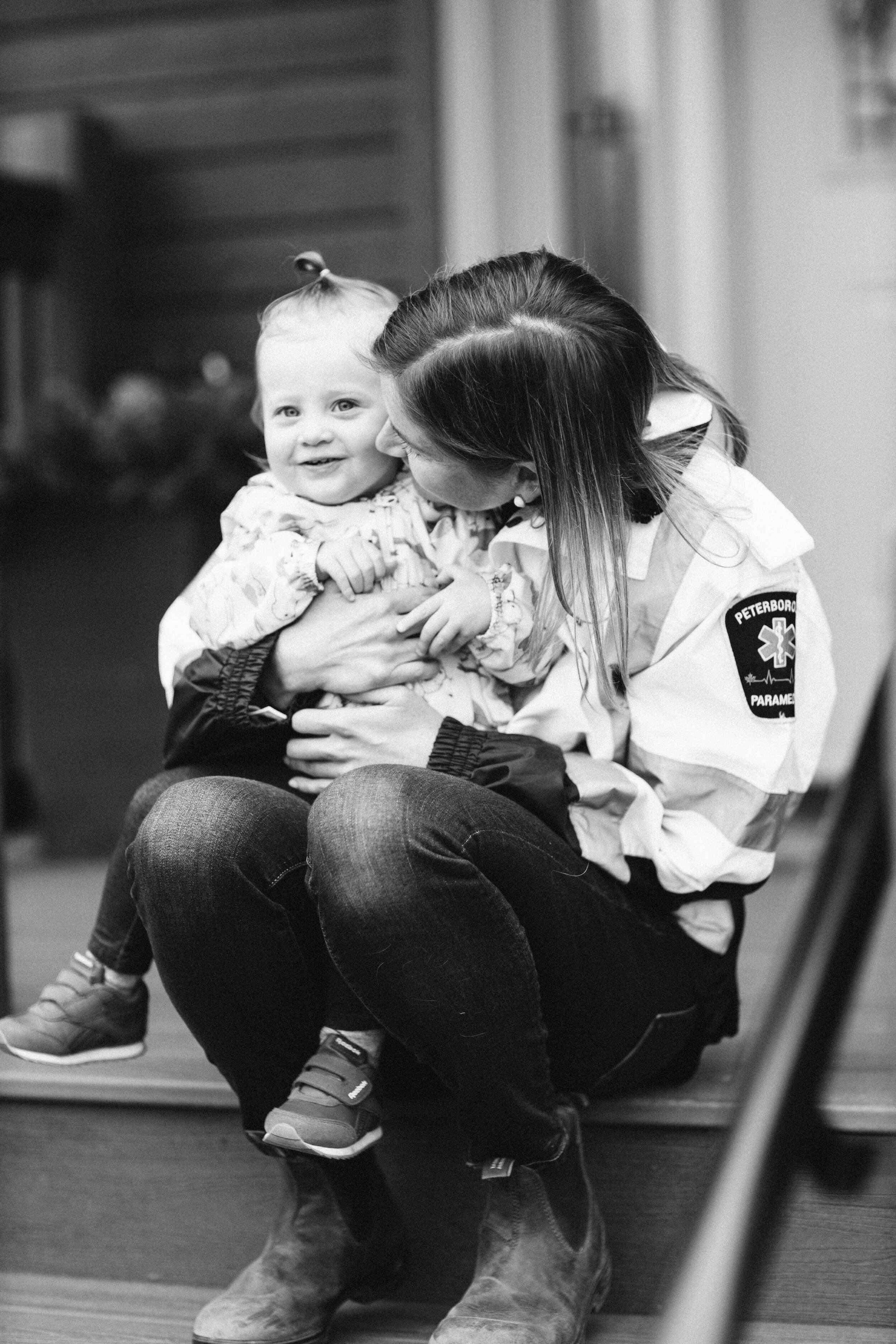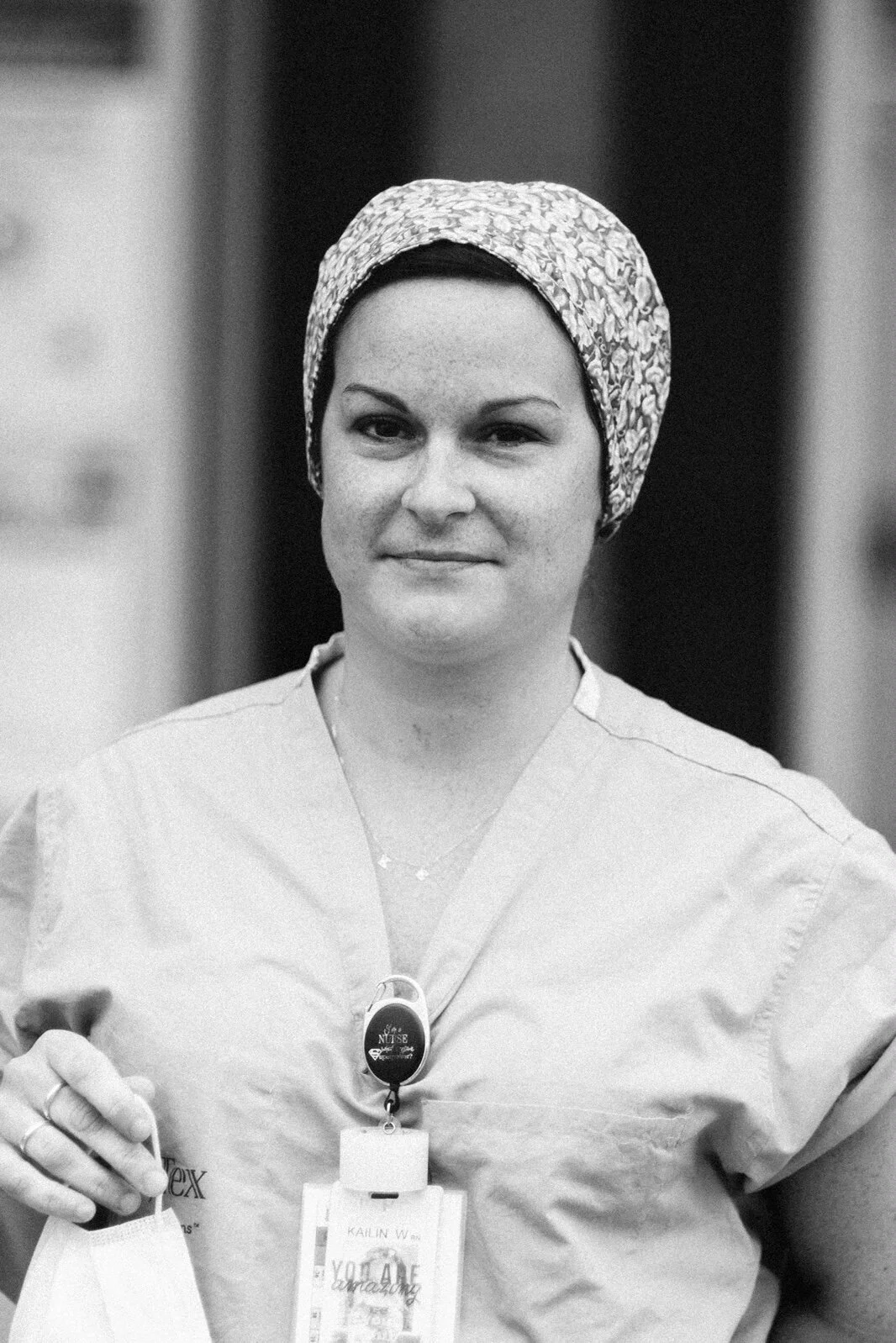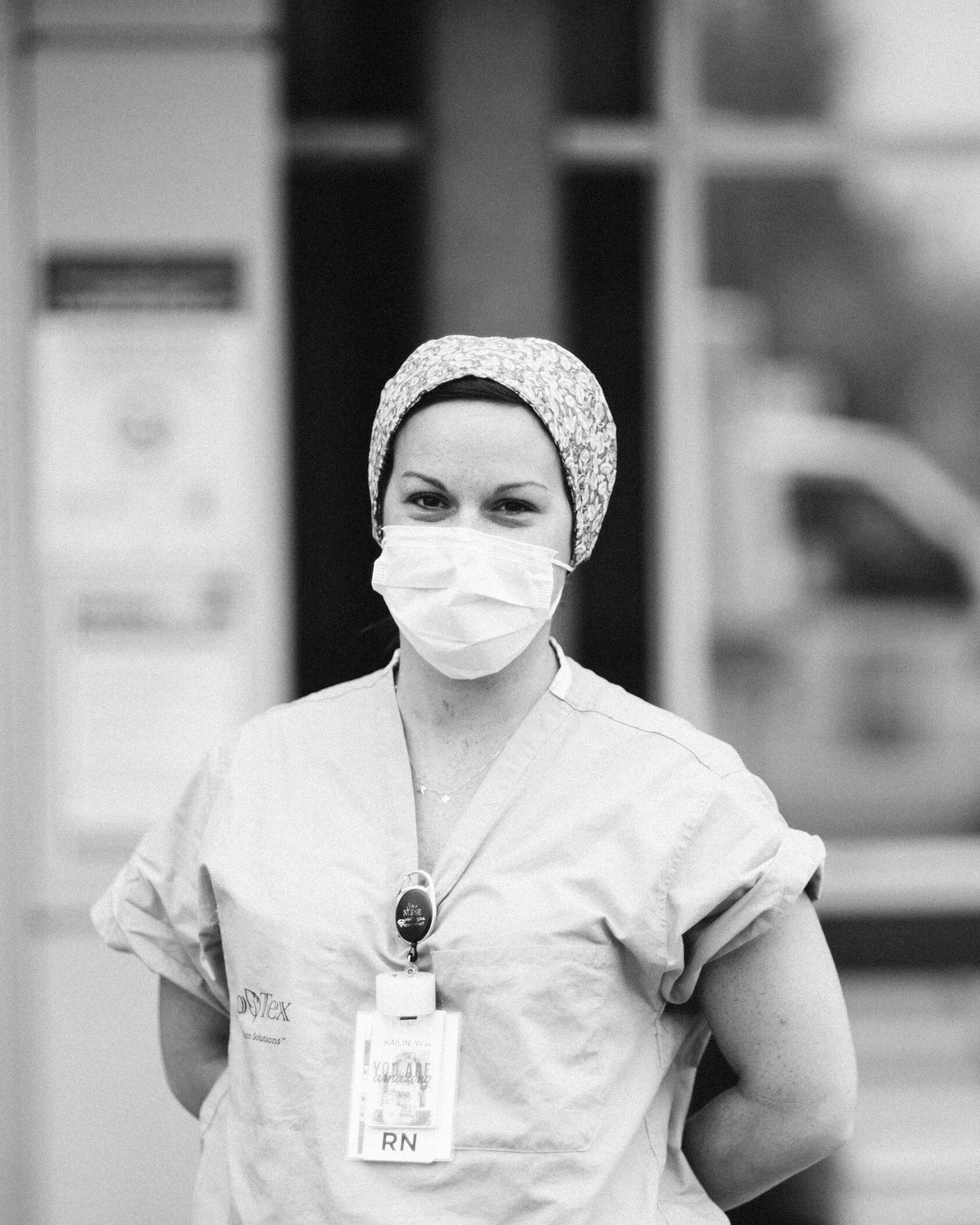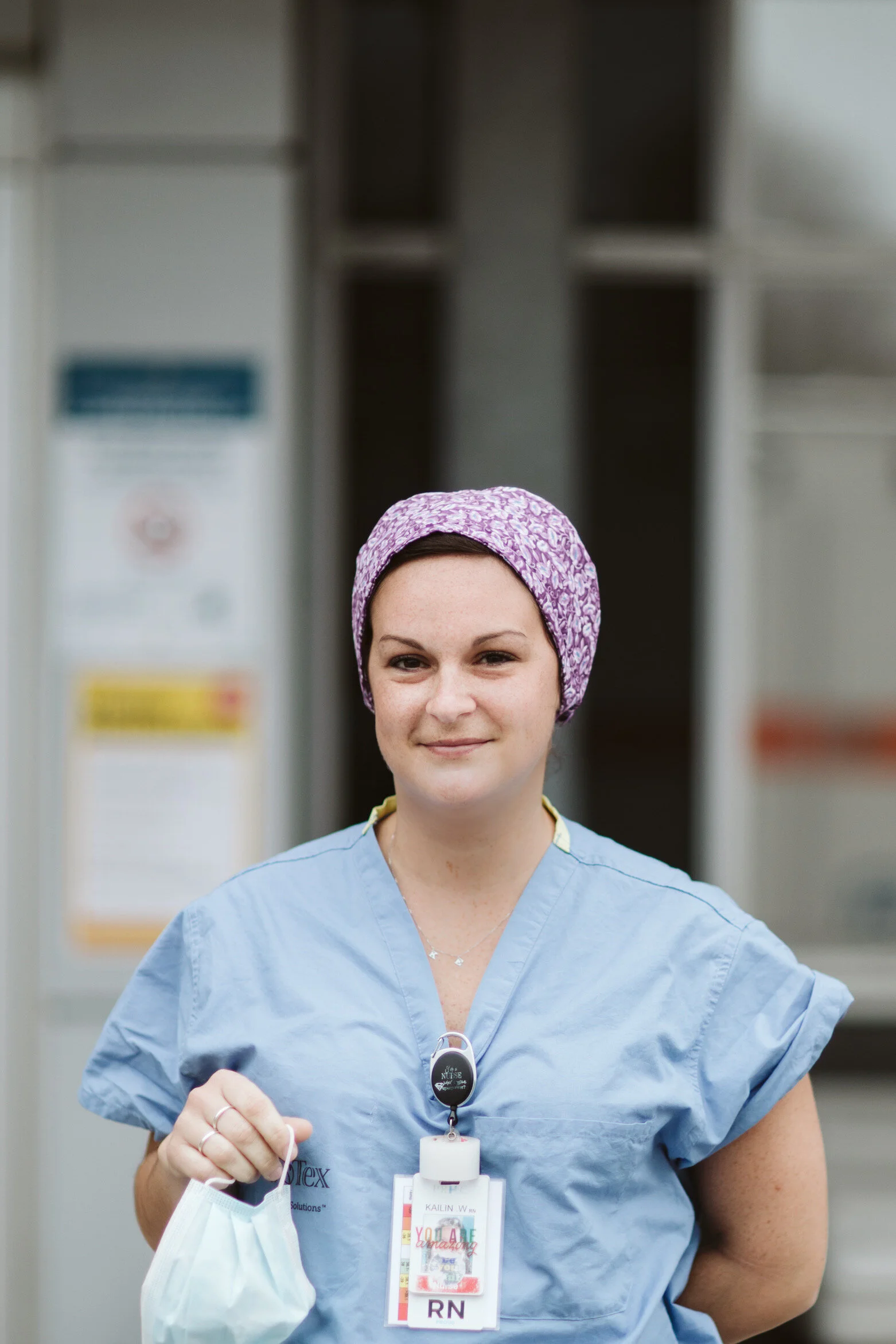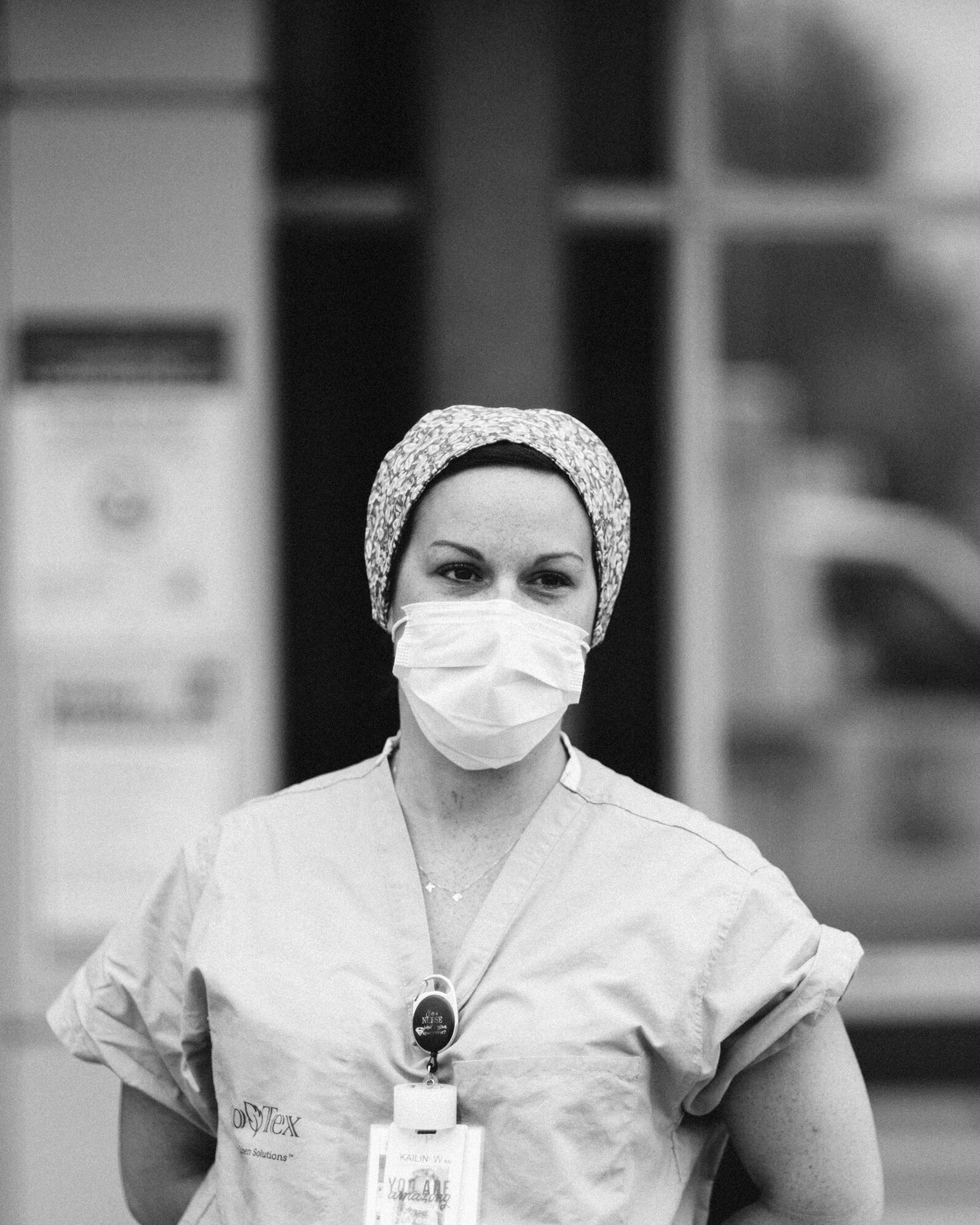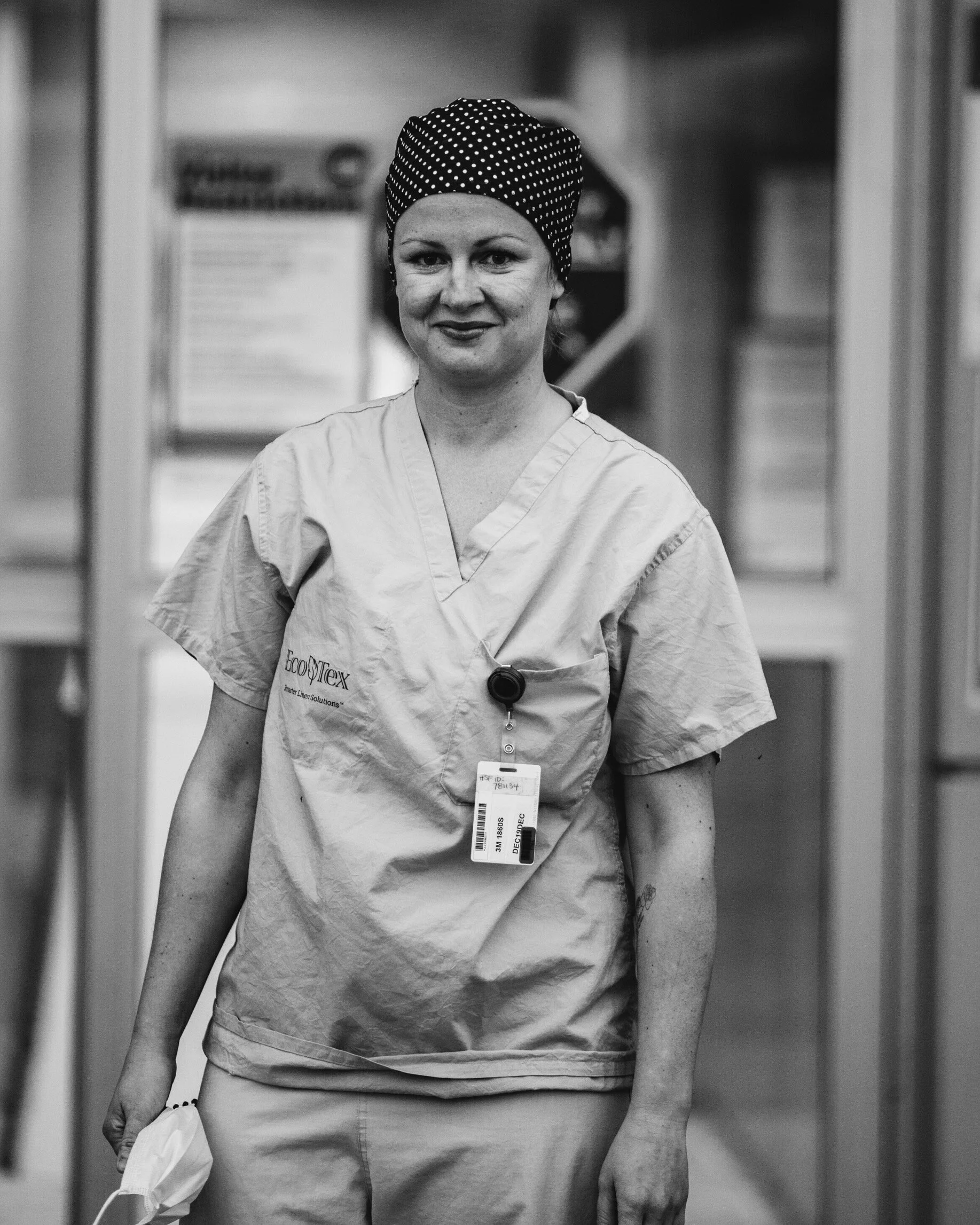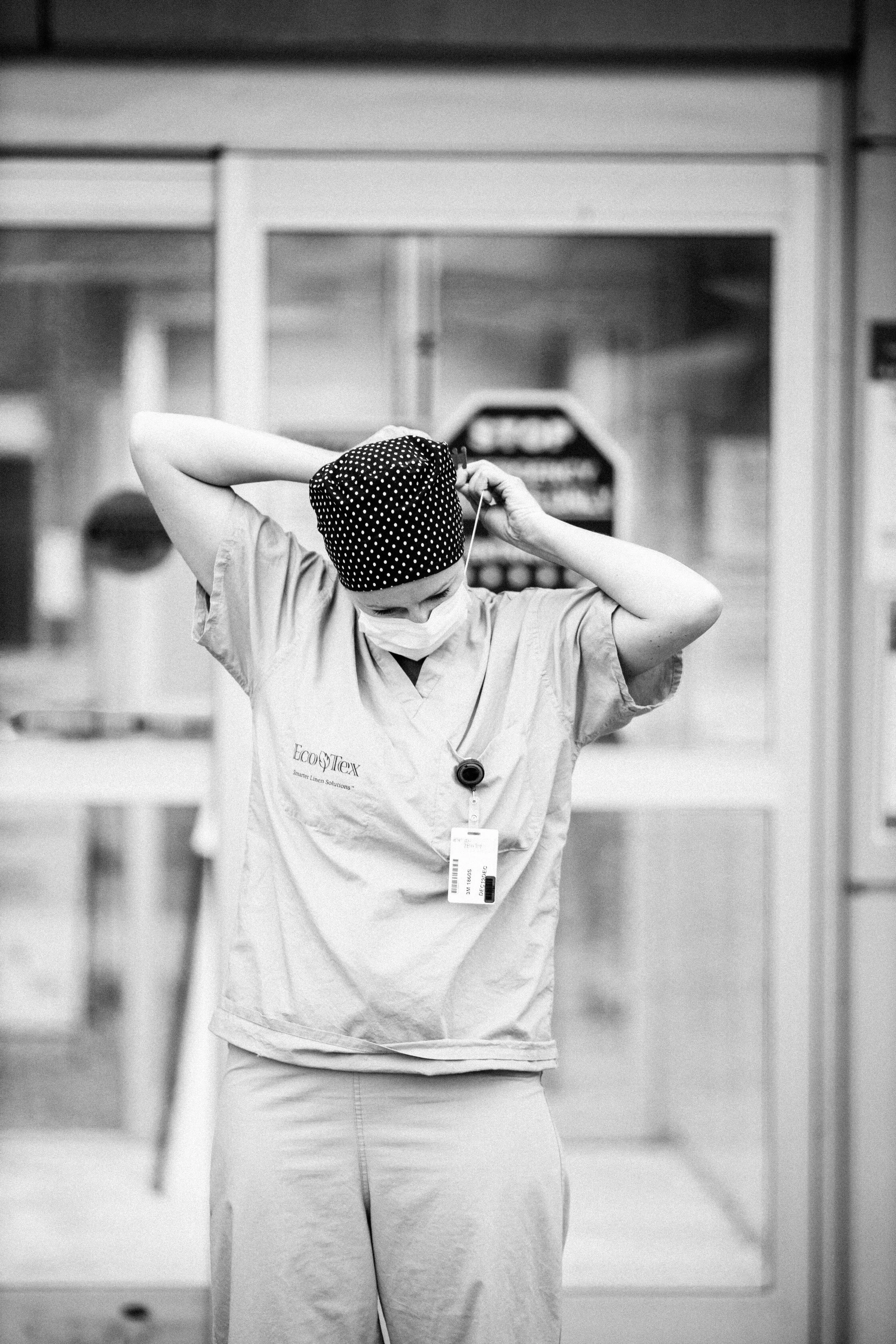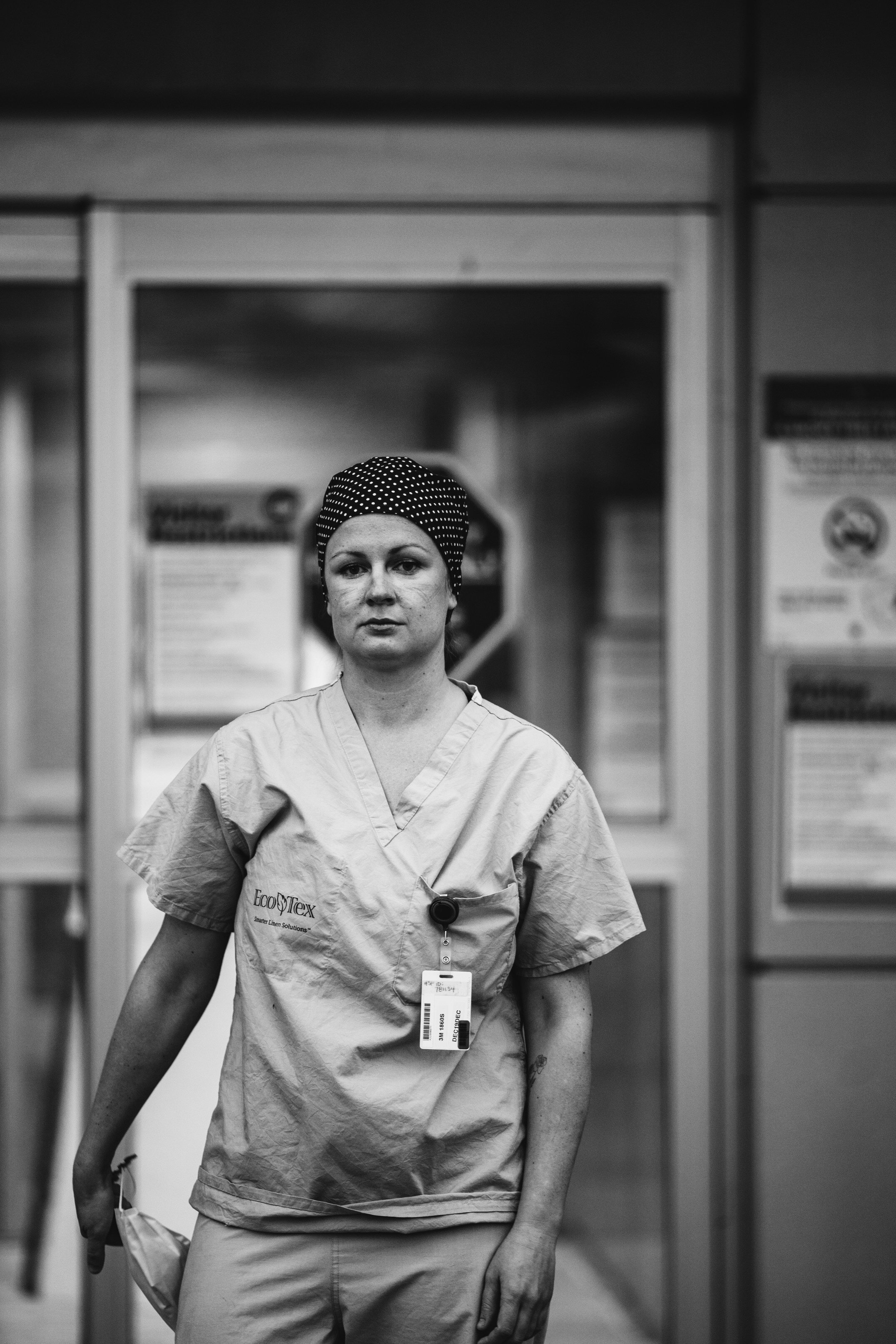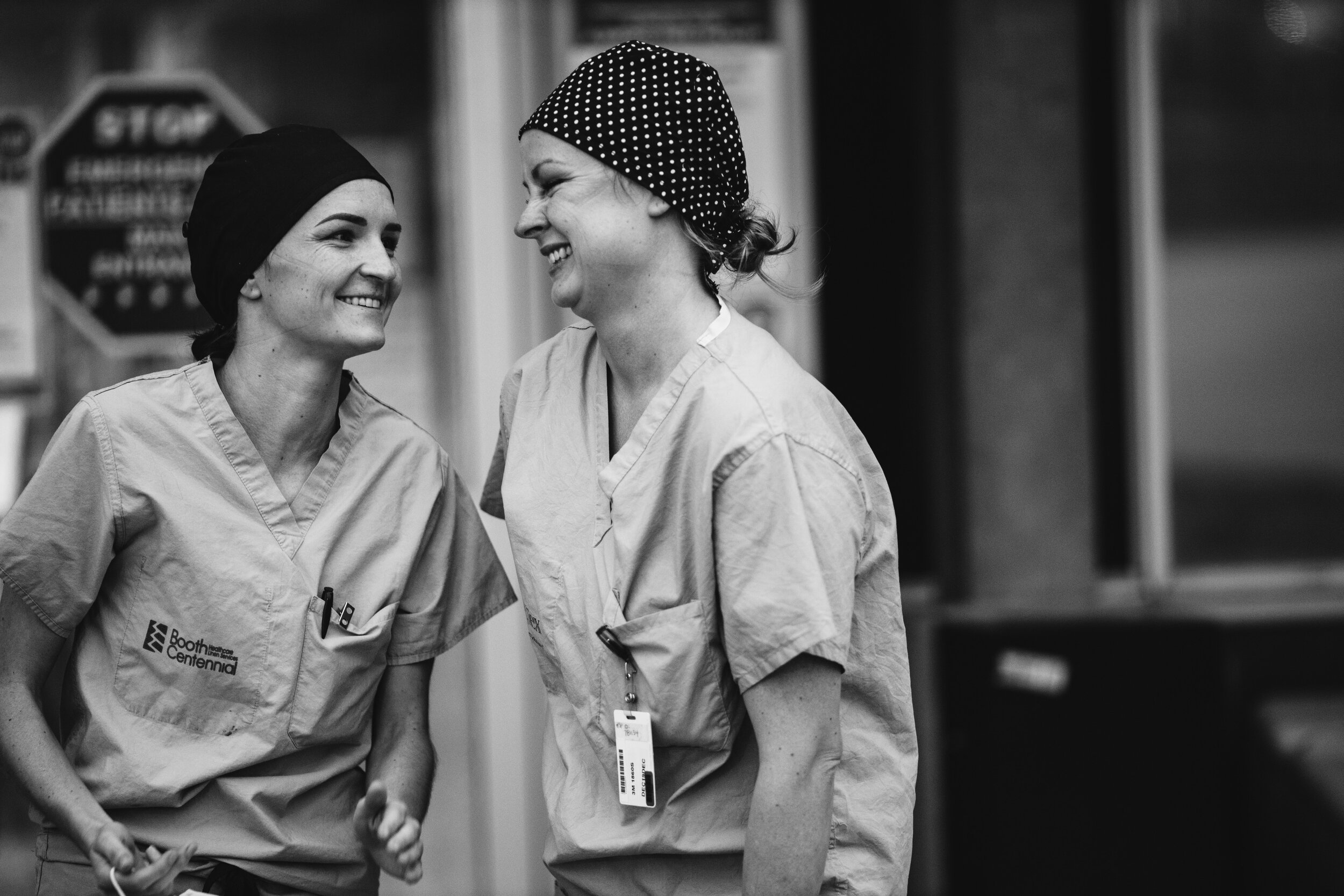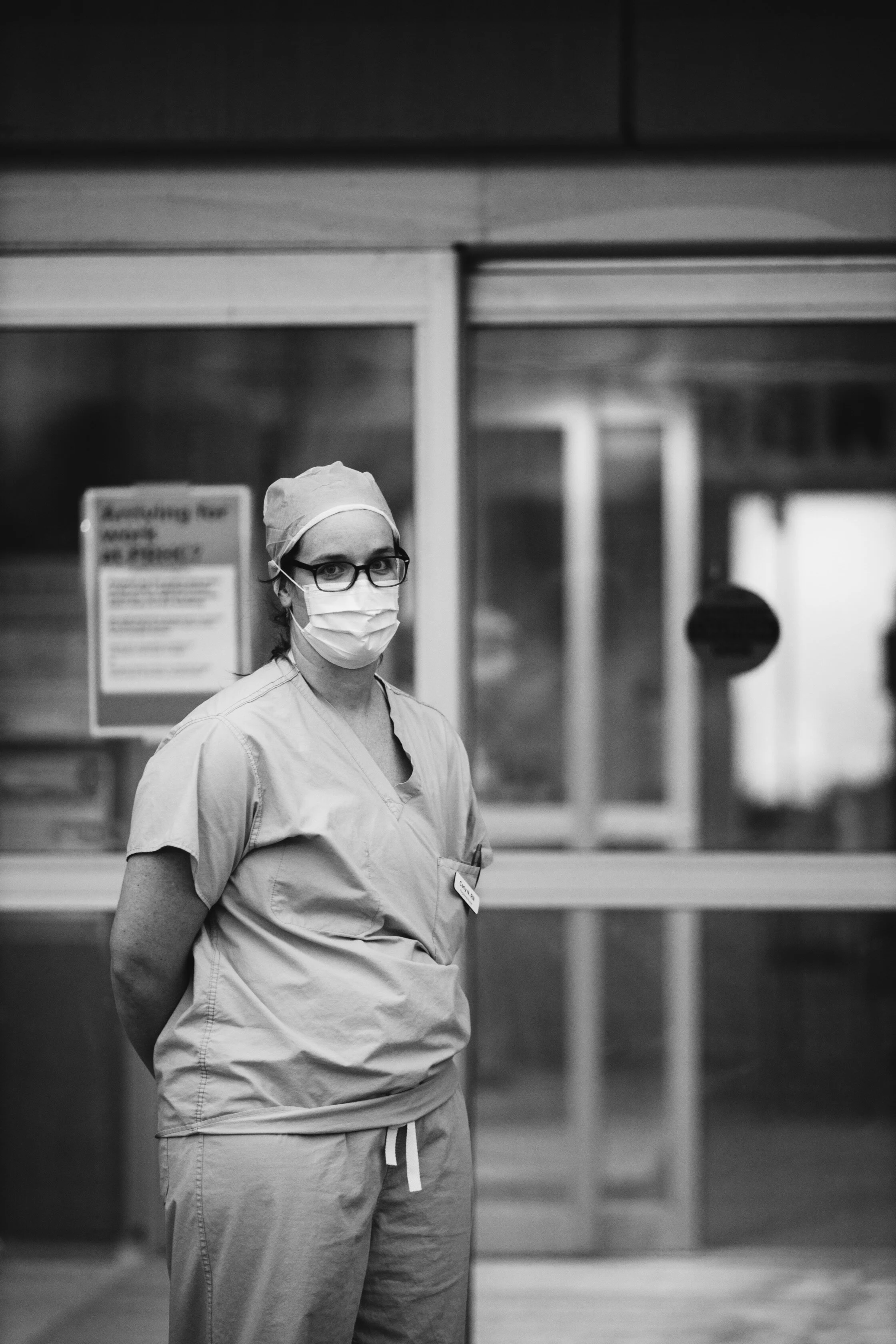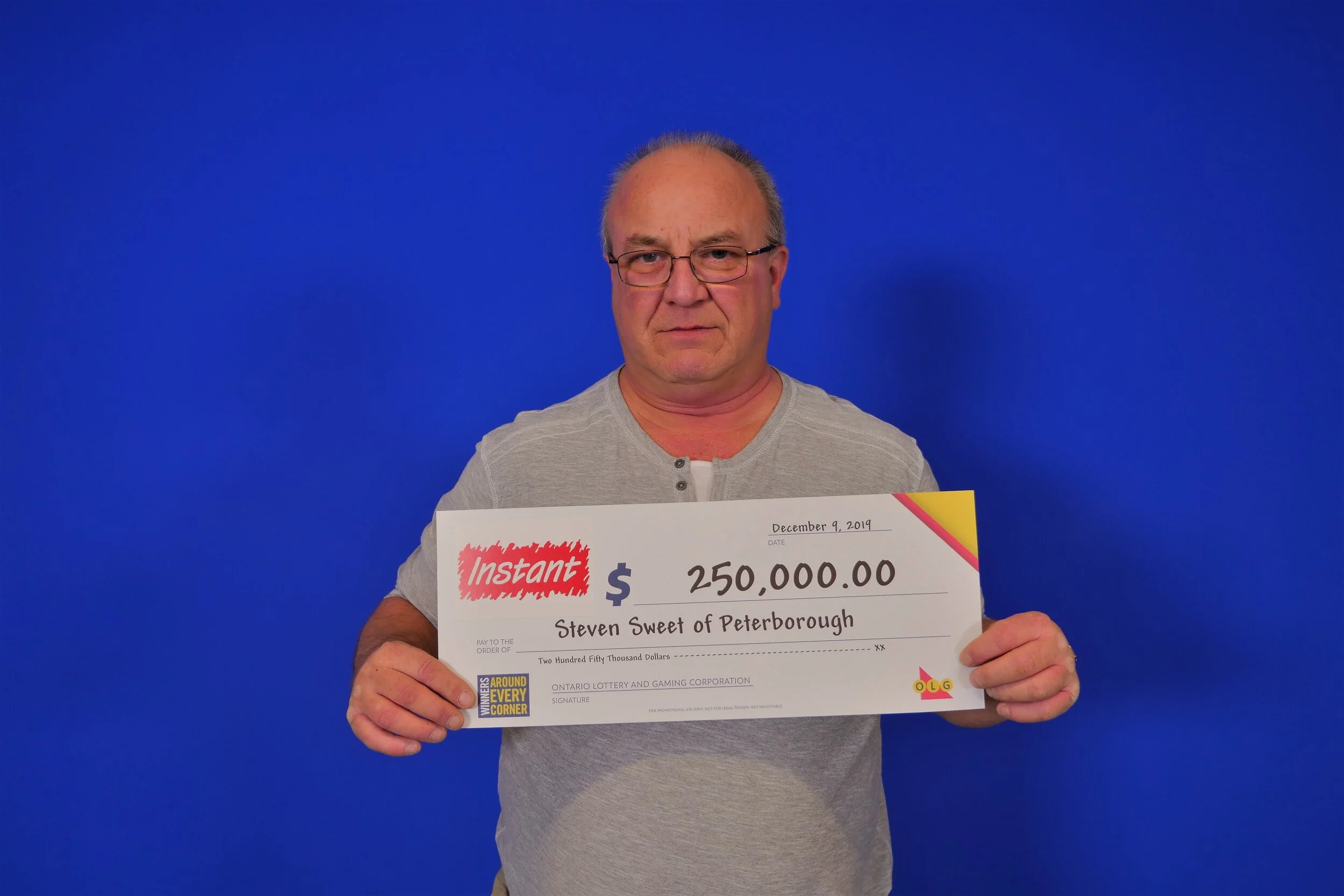A View From The Road: Peterborough Paramedic Kelly Convery On Her Experience Being On Front Lines During This Pandemic
/In the fourth installment of a PTBOCanada series on the experiences of frontline healthcare workers in Peterborough produced by Mary Zita Payne, Peterborough County/City paramedic Kelly Convery gives us a firsthand look on what it’s like being on the frontlines during the pandemic. Here is her experience in her own words…
March 8, 2020. I was at home, a typical Sunday family day.
March 9, 2020. My first day returning to work from maternity leave, starting my retraining process.
March 11, 2020. A pandemic was declared.
My name is Kelly Convery and I have been a paramedic with Peterborough County/City Paramedics since 2009. This is a job I had wanted to pursue since elementary school. This is the job that I believe I was meant to do. This is the job I am proud to do, but this isn’t the same job it once was.
Starting a shift, you never know what your day/night will bring. We don’t know if it will be quiet with stable patients or extremely busy with critically ill patients. We don’t know where our calls will be—they could be from a house in the west end of town or to a remote cottage in Apsley. We have a lot of uncertainty and unpredictability in our job. Uncertainty is something I would say we are familiar and even comfortable with.
Kelly with her baby, Ava, and husband, Ian (photographed by Mary Zita Payne)
Fast forward to April 6, 2020. My first shift back on the road after re-training. I have never felt this level of uncertainty. Our medical directives and policies/procedures are being rewritten faster than we can read. The cognitive overload is real. Our management is working tirelessly to keep us up to date, educated, informed, and safe.
I feel as though my first step back into work is a dive into rapid waters. We are all trying to stay afloat. We are clinging onto what information we know and swimming the rapids. We are striving for perfection. We make sure every square inch of our ambulance is disinfected, multiple times per shift. We make sure we have our gowns, gloves, surgical masks, N95 masks, goggles, face shields, and tyvek suits ready for each call, in case our patient screens positive for COVID 19.
Kelly and Ava (photographed by Mary Zita Payne)
We make sure we apply this PPE appropriately. We make sure we take it off appropriately. In between, we make sure we are providing the best possible care to our patients. We typically meet our patients and have 15 +/- minutes to understand their full medical history, why they called 911, and what the most appropriate treatment is for them.
That 15 minutes is reduced to 1 minute when we are met with a critically ill patient. In the back of our minds, we are processing our PPE choices, our negative or positive COVID screening choice, our patient’s presentation, their medical history, the interventions needed, and their transportation to the hospital. It’s a lot.
I find myself cycling between fear and faith in these moments. I can’t seem to stay in one spot. I fear for the health and safety of my daughter and husband. I fear I will inevitably bring this illness home, regardless of the strict precautions that I take. I know I am not alone in this. I hear these fears echoed at work each day, yet we show up. We put on our uniform and tie our boots.
Photographed by Mary Zita Payne


